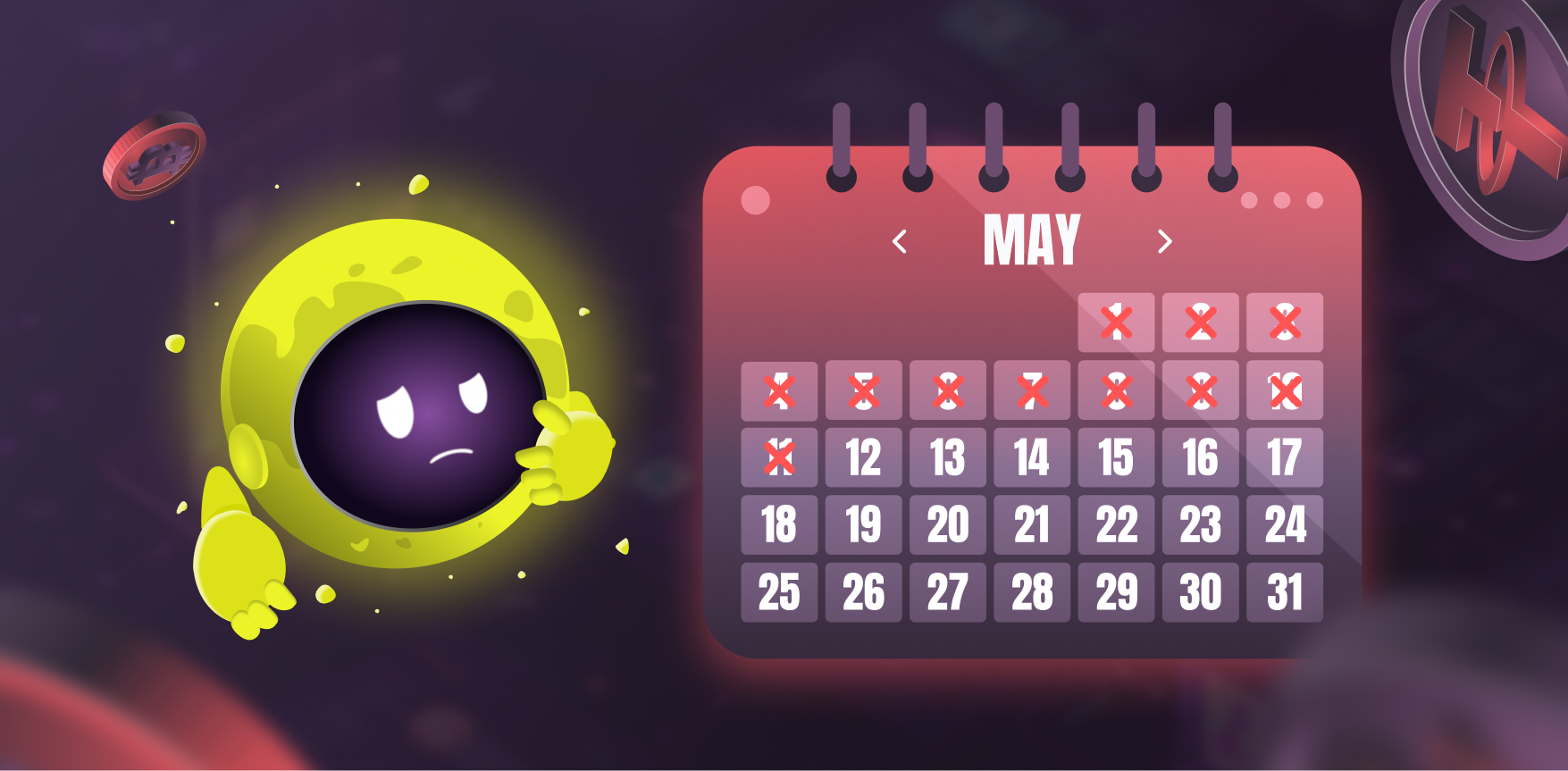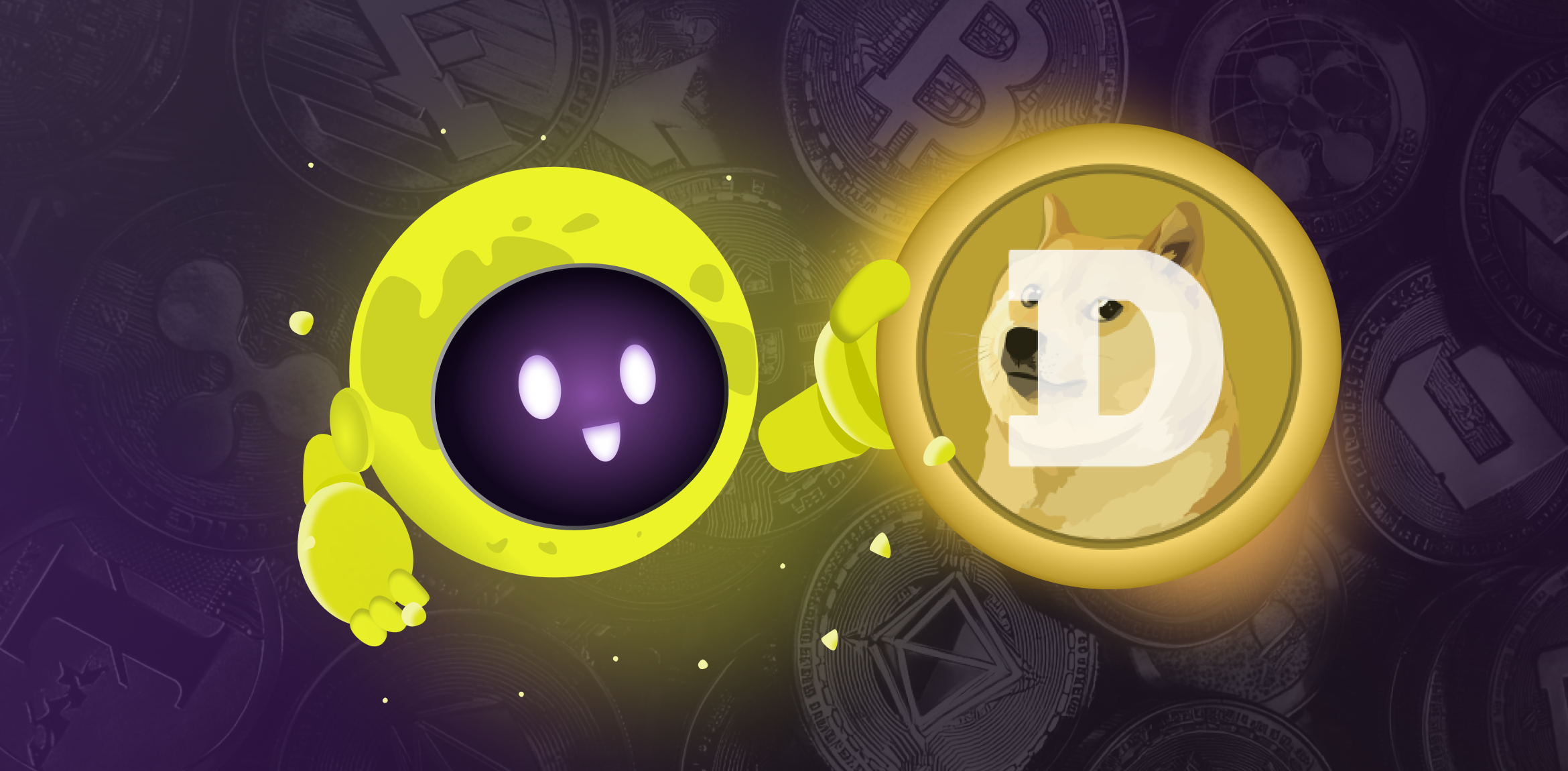
The introduction of blockchain made a lot of industries more efficient by making the way data is stored transparent and decentralized. However, that is far from all that blockchain technology can do. As an incredibly smart young man, Vitalik Buterin started thinking of ways how Bitcoin could be improved. He had been active in the blockchain industry for quite some time and became a knowledgeable figure. After years of doing research and sharing his vision, he came up with a new project, it was called Ethereum. This project is responsible for bringing smart contracts to the masses, especially by hosting the launch of thousands of ICOs, short for initial coin offerings. But, what are these smart contracts and what can they do?
What are blockchain smart contracts?
Smart contracts are the most efficient way of working without a middleman. They allow a contract to be self-executable in a way that it does not require any involved party to trust each other. Smart contracts can be used in the financial industry, real estate, property law, credit enforcement, anything. Let’s imagine a smart contract example. Person A rents an apartment from person B. Person A wants to pay the rent using cryptocurrency, specifically Ethereum. Person B creates a blockchain smart contract with all the rules and regulations that person A needs to live up to when living in the apartment. Now, person A can pay the rent by depositing funds into the smart contract, which will then function as an escrow. When either party violates the terms of the contract, the funds will be released or not released, depending on what’s written down in the smart contract. Let’s imagine Person A wants to stop renting the place. When the house is left properly, the smart contract will automatically wire the deposit to Person A for living up to the end of the contract. A more technical example, a piece of code, that we would like to share is the following:pragma solidity ^0.4.21;
contract Coin {
// The keyword "public" makes those variables
// readable from outside.
address public minter;
mapping (address => uint) public balances;
// Events allow light clients to react on
// changes efficiently.
event Sent(address from, address to, uint amount);
// This is the constructor whose code is
// run only when the contract is created.
function Coin() public {
minter = msg.sender;
}
function mint(address receiver, uint amount) public {
if (msg.sender != minter) return;
balances[receiver] += amount;
}
function send(address receiver, uint amount) public {
if (balances[msg.sender] < amount) return;
balances[msg.sender] -= amount;
balances[receiver] += amount;
emit Sent(msg.sender, receiver, amount);
}
}
This shows the way of creating a cryptocurrency out of thin air and then making it possible for people to transact this currency. More on this can be found on the docs shared by Solidity.
Where are smart contracts used for right now?
Smart contracts are used in various industries. Some of the real-life examples we want to share with you are:
- Smart contracts in banking. Barclays Corporate Bank utilizes smart contracts to log the changes in ownership of the property to then automatically transfer payments to other financial institutions.
- Smart contracts In healthcare. Personal health records could be encoded and stored on a blockchain. The private key to these records can be locked with the use of private keys. Now, a smart contract can be introduced when a person has recurring prescription drugs.
- Smart contracts for voting. In government, smart contracts can be used to boost the voting amounts. People could simply vote from their homes with the ease of clicking a few buttons.
What is the future of smart contracts?
Nobody can tell the future, all we can do is speculate. For smart contracts, the future is looking very bright. Every week we see the news coming out that big corporations are introducing smart contracts into their structures. Most recently, Nike announced that they would be keeping track of the ownership of sneakers with the use of the Ethereum blockchain. This can not be done without smart contracts. Let’s imagine how many middlemen can be eliminated when we start using smart contracts. We wouldn’t need notaries, lawyers or even judges when there are contracts that can replace them. It’s fascinating and terrifying at the same time to think of the opportunities.




